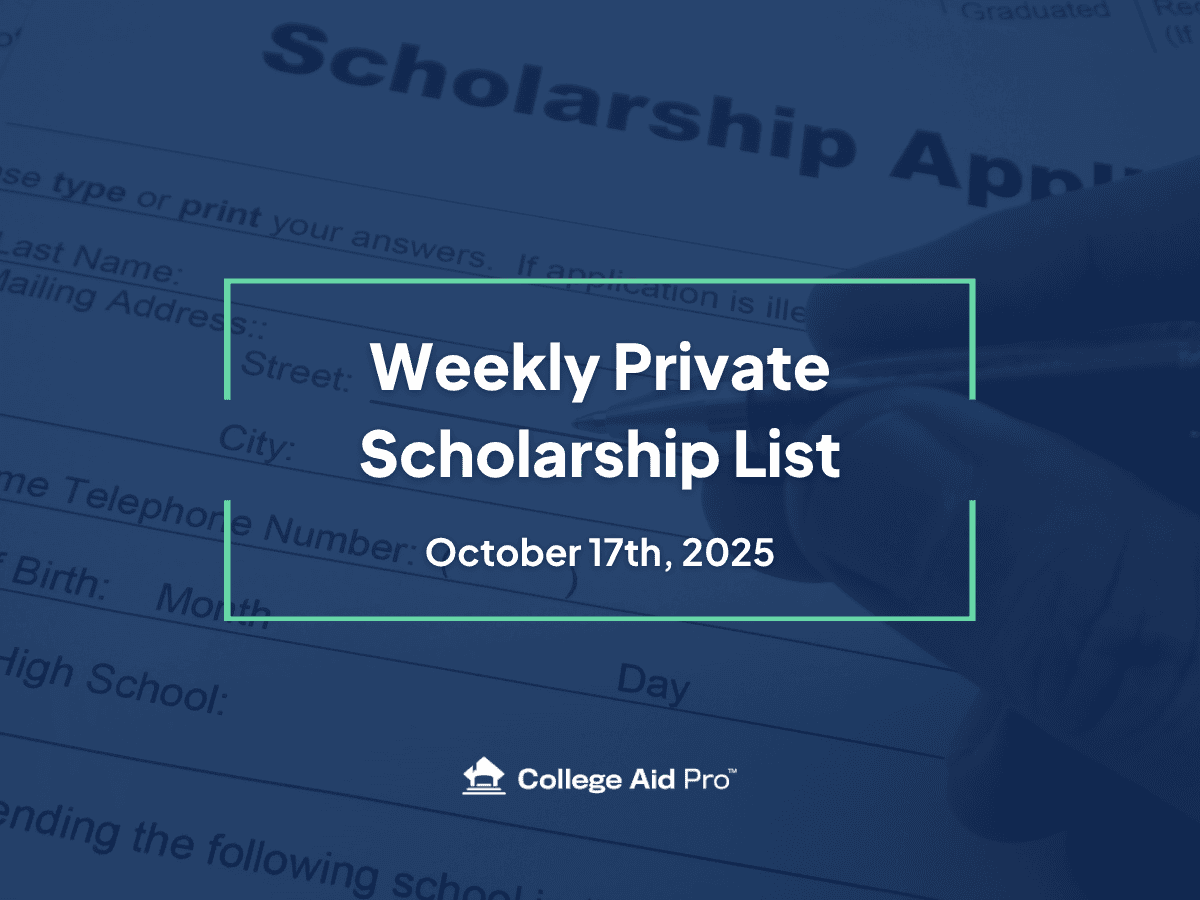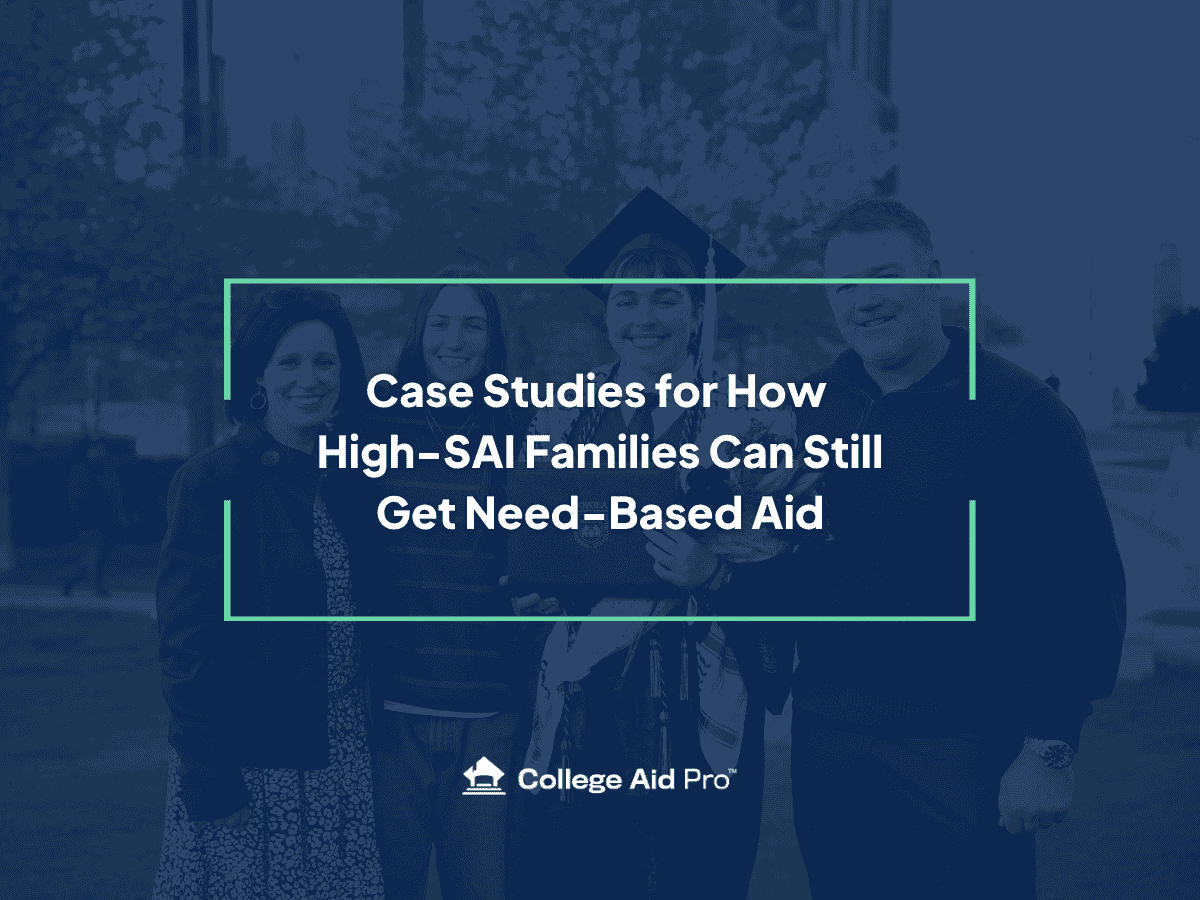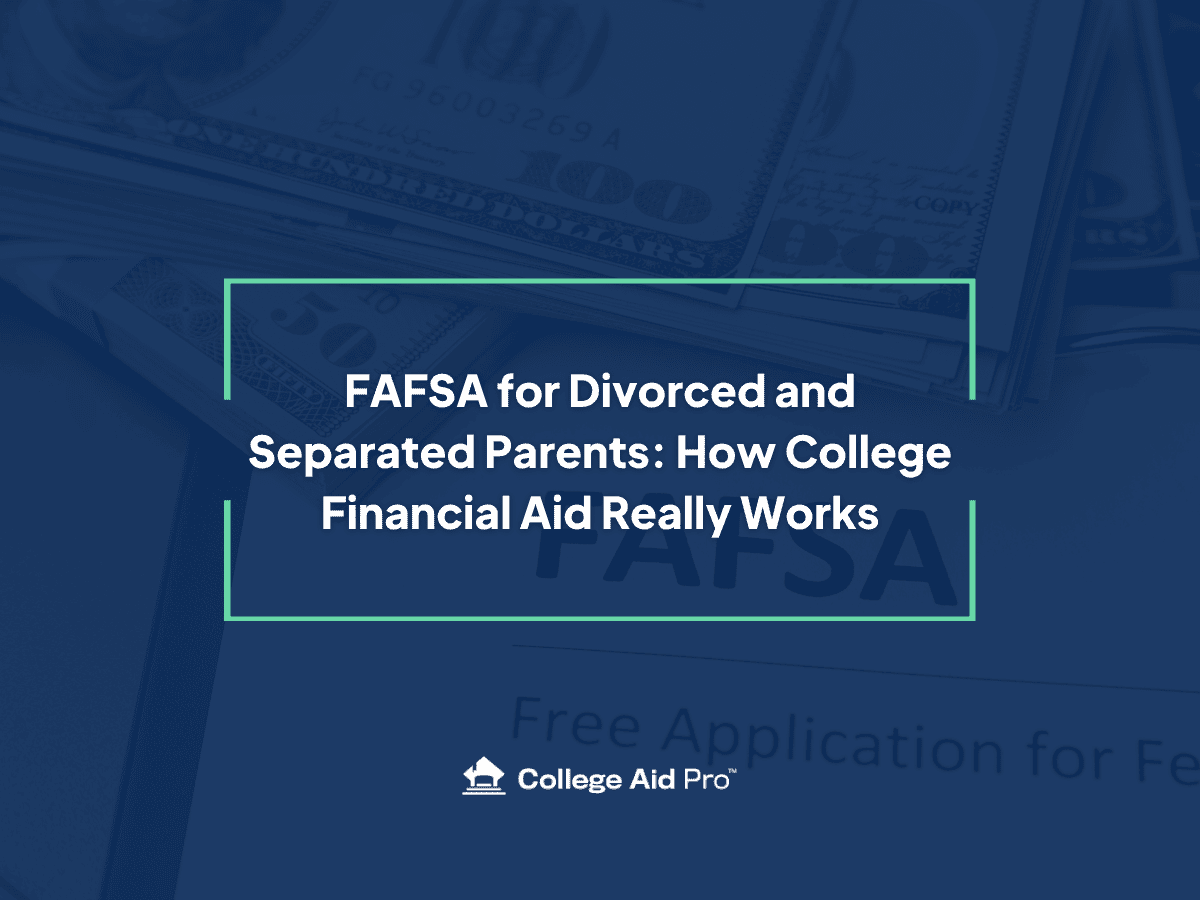What’s New in College Planning: MyCAP 2.0, Last-Minute Appeals, Student Loan Rates & College Accountability Reform
In this week’s episode of College! The Podcast, hosts Matt Carpenter and Peg Keough tackle four high-impact topics shaping the college financial landscape. From the exciting unveiling of MyCAP 2.0 to the nuanced debate around college accountability, this episode is a must-listen for families navigating higher education costs in 2025 and beyond.
Here’s a breakdown of the key highlights from the episode and what they mean for students and families.
- Launching Soon: MyCAP 2.0
College Aid Pro is preparing to launch its latest platform update—MyCAP 2.0. This new version, years in the making, is set to go live in June 2025 and brings a host of improvements shaped by user feedback from families and financial professionals.
The goal of MyCAP 2.0 is to simplify and enhance the user experience with a refreshed look and feel. Matt likens the shift to getting used to a new remote control—initially uncomfortable, but ultimately a better tool. The update promises to deliver more intuitive tools for comparing colleges, estimating financial aid, and planning for multi-year affordability.
- It’s Not Too Late: Appeals Are Still Happening for the Class of 2025
Even though decision day has passed, families of the Class of 2025 still have opportunities to increase their financial aid through appeals. Matt and Peg highlight recent successes, including a $34,000 merit increase from Syracuse.
Appeals are especially viable for:
- Families with new financial information or hardships
- Students recently taken off waitlists
- Families who were denied or offered insufficient aid during initial negotiations
With colleges still chasing yield numbers and looking to fill empty beds, now is the time to ask for more—even if you’ve already deposited. Peg emphasized that appeals are also fair game for students coming off waitlists or those with updated financial circumstances. College Aid Pro’s expert-guided appeals process has a 90% success rate, underscoring the power of a strategic approach.
- Student Loan Interest Rate Updates & Market Impact
The episode also covers the implications of Moody’s downgrading the U.S. credit rating and how that could trickle down into higher student loan interest rates.
Peg shares the newly announced federal loan rates effective July 1, 2025:
- Undergraduate Direct Loans: 6.39% (down slightly from 6.53%)
- Graduate Direct Loans: 7.94%
- Parent PLUS Loans: 8.94% (previously 9.08%)
Though the changes are minimal, these rates still make federal loans one of the most competitive borrowing options. Matt warns, however, that Parent PLUS Loans may soon be eliminated, which would significantly impact many families. College Aid Pro continues building partnerships with private lenders to secure exclusive deals for their community—a key focus for the future.
- The Complexity of New College Accountability Legislation
The bulk of the episode dives into the college accountability proposal that seeks to hold institutions responsible for poor student outcomes, especially for graduates burdened by debt and low earnings.
Peg walks listeners through the proposed three-step formula:
- Risk Sharing Liability – Measures the gap between what borrowers were expected to repay and what they actually did.
- Earnings-Price Ratio (EPR) – Compares graduates’ earnings to college costs and federal poverty levels.
- Promise Grants – Awards funding to institutions based on Pell Grant usage and graduation rates, but only if they lock in tuition for four years.
Both Matt and Peg raise serious concerns about the complexity, data tracking, and operational feasibility of the proposed plan. They argue that while the intention of institutional accountability is commendable, the bill lacks clarity, may punish colleges unfairly, and could disincentivize investment in lower-income students or less lucrative majors like social work or education.
Final Thoughts: Transparency Over Complexity
Peg suggests that more immediate, less convoluted solutions might include:
- Barring colleges from counting Parent PLUS Loans in initial aid packages
- Clearer affordability disclosures on financial aid letters
- Accountability for institutions that consistently lead students into unaffordable debt
Matt echoes the call for transparency, not just reform, and proposes that families and colleges co-sign affordability assessments upfront—based on tools like College Aid Pro’s cost projections and budget match scoring.
Together, they agree that solving the student debt crisis requires joint accountability: families making informed choices, colleges committing to better outcomes, and policymakers crafting implementable legislation.
Tune in next week or catch up on previous episodes for more expert tips and real-world strategies on navigating college affordability and financial aid!




